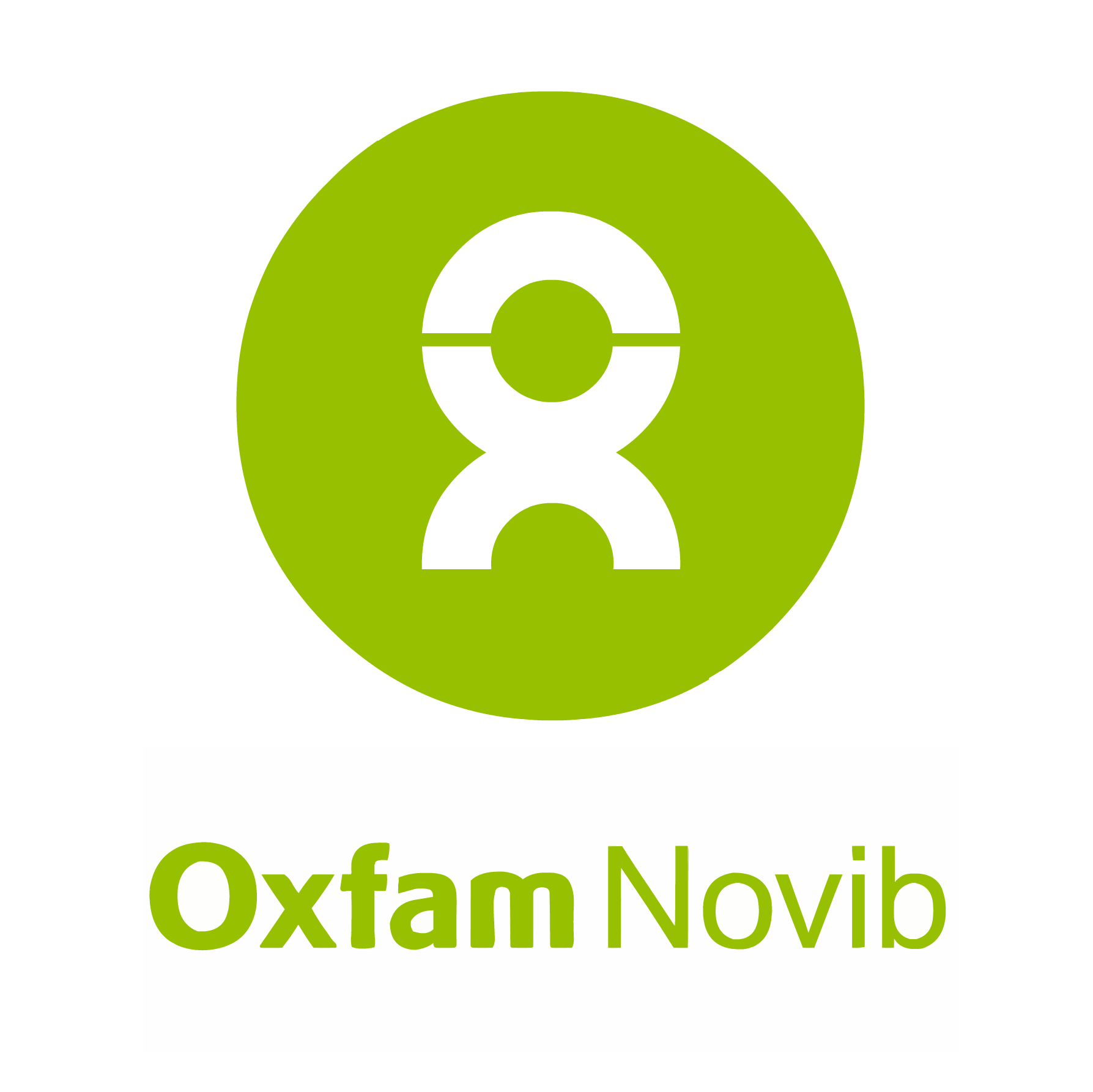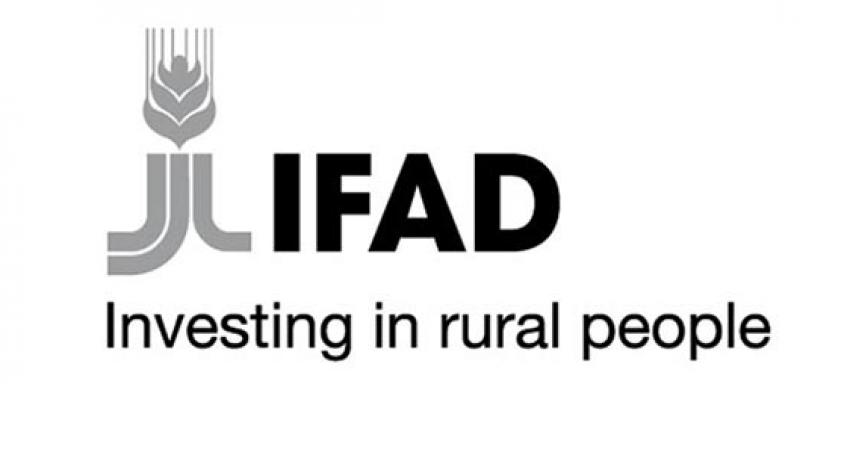Community / Land projects / Land Governance in Vietnam
Land Governance in Vietnam

€0
03/14 - 04/16
Concluído
This project is part of
Implementing Organisations
Donors
Data Providers
General
Overall objective: To create equal opportunities for vulnerable people to access to natural resources and to enhance land governance at levels in term of effectiveness, efficiency, responsiveness, accountability and transparency. Component 1: Legal aid to people who lose land or in land disputes Objective: To fight against social injustice through provision of legal information and a legal aid for limited resource farmers and disadvantageous communities dealing with protecting their land use rights andbenefits. Output 1: People who lose their land or in land disputes access to legal support services. Output 2: Grass-roots staffs are capable of providing legal aids for local people. Component 2: Policy advocacy Objective: To enable the policy makershear the voice and perspectives of vulnerable people (farmers, poor and ethnic people) and experts relating to agriculture and forestry land use and management to develop better policies. Output 1: Researches# results on cases of land loss and compensation are disseminated to policy makers and publicize to the public. Output 2: Policy makers take vulnerable groups# opinions and wishes into account in the policy making process. Target Area and Beneficiaries The Land Governance Program (LGP) now seekstointegrate interventions at grass roots levels (village,commune, district and province) and to provide evidence for national level advocacy work. The LGP will focus on beneficiaries who are farmers and ethnic minority people (vulnerable groups) and targetat agriculture land. For the first objective, two provinces are selected as the program#s target areas. The program will work in two poor communes in one district per each province where local people depend much on agricultural production and/ or bothagricultural and forestry land. Target communes will be areas that the percentage of farmers must account for at least 70% of the total population. It is better if have agriculture land were or will be recovered by the government in these communes because people here are direct affected land users. Through the LGP, land users will have more opportunities to access to legal information and receive legal advices and assistance of land problems. Therefore, they would havemore power and voice in defend their legitimate land use rights from the land acquisition, also improve their livelihoods and diversify their livelihood options. Local government staff and mass organization members are also direct beneficiaries of the program. They will receive training courses and attend workshops to enhance their capacities, knowledge and skills of legal aid and land administration. For the second objective, Oxfam will be a bridge to connect different perspectives of land issues from grass roots levels to policy makers through researches so that both direct and indirect beneficiaries are research institutes, universities, local authorities and policy-makers who take part in research activities and policy dialogues. Target areas for researches selected will be provinces withgood or bad practices of the land acquisition process and compensation (such as Nam Dinh, Da Dang, Bac Giang provinces/cities, etc.) in order to find out good recommendations for the policy-makers.




